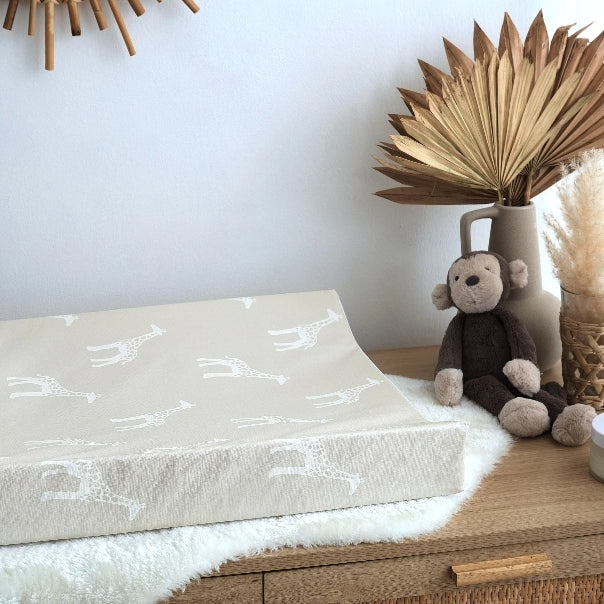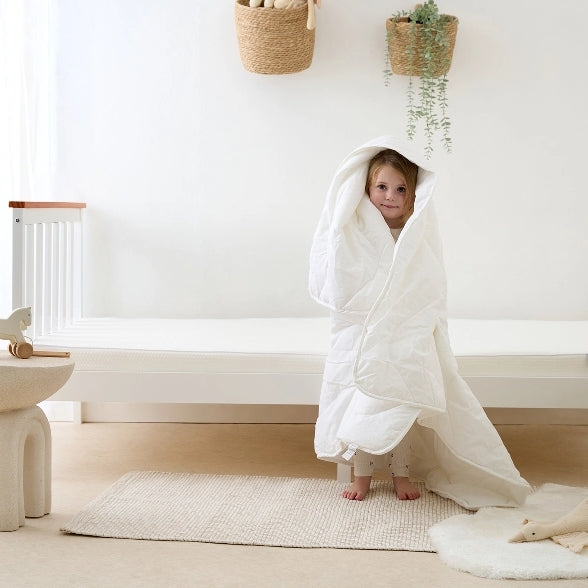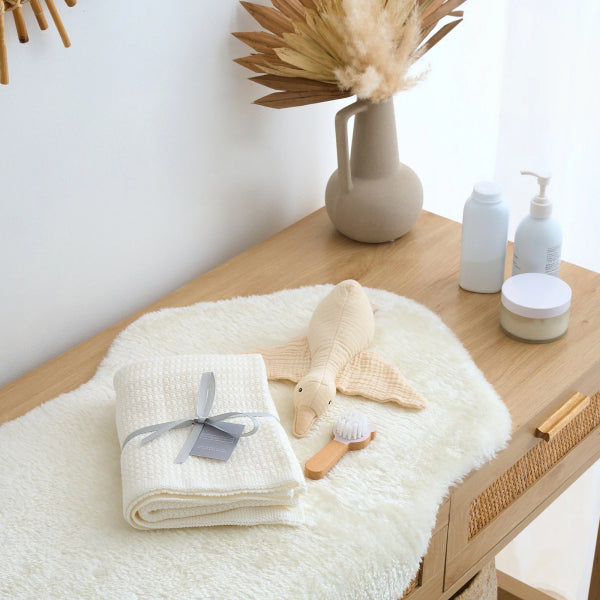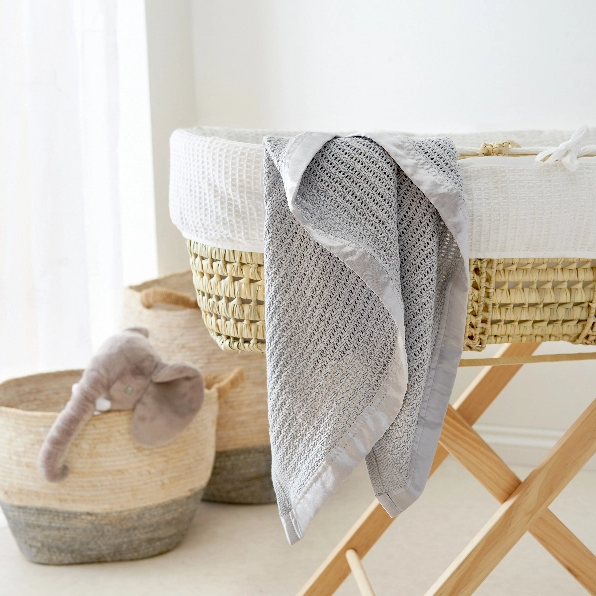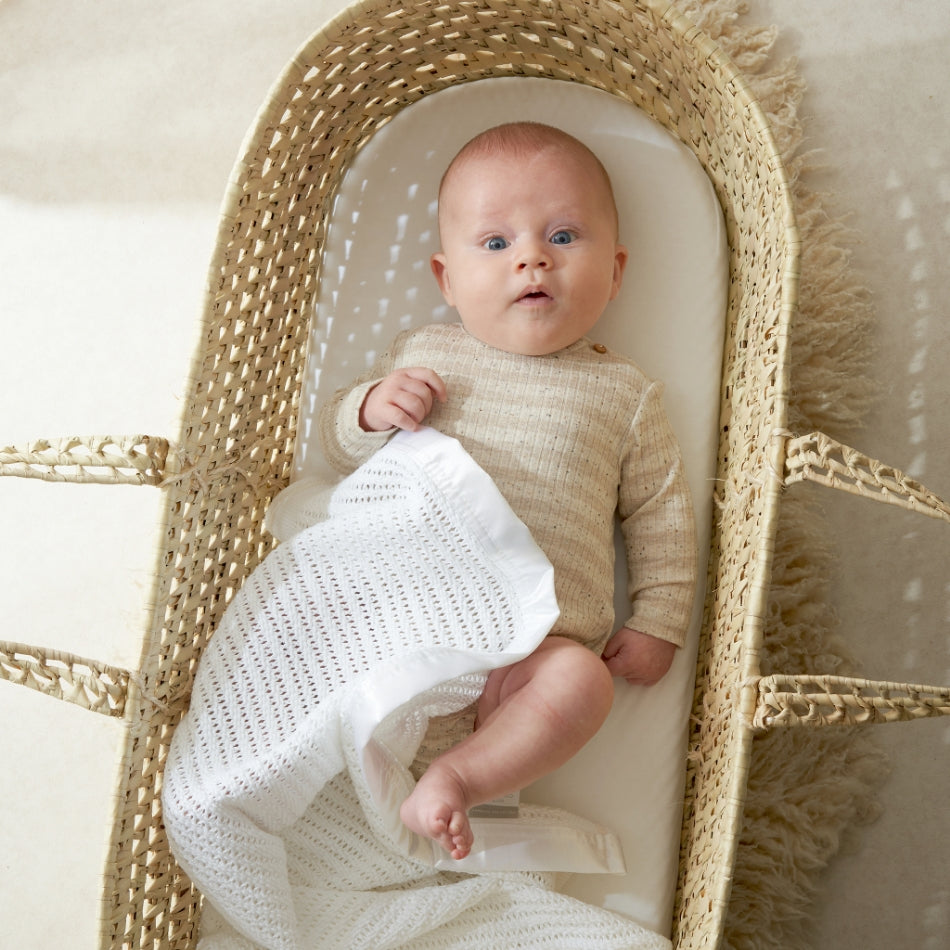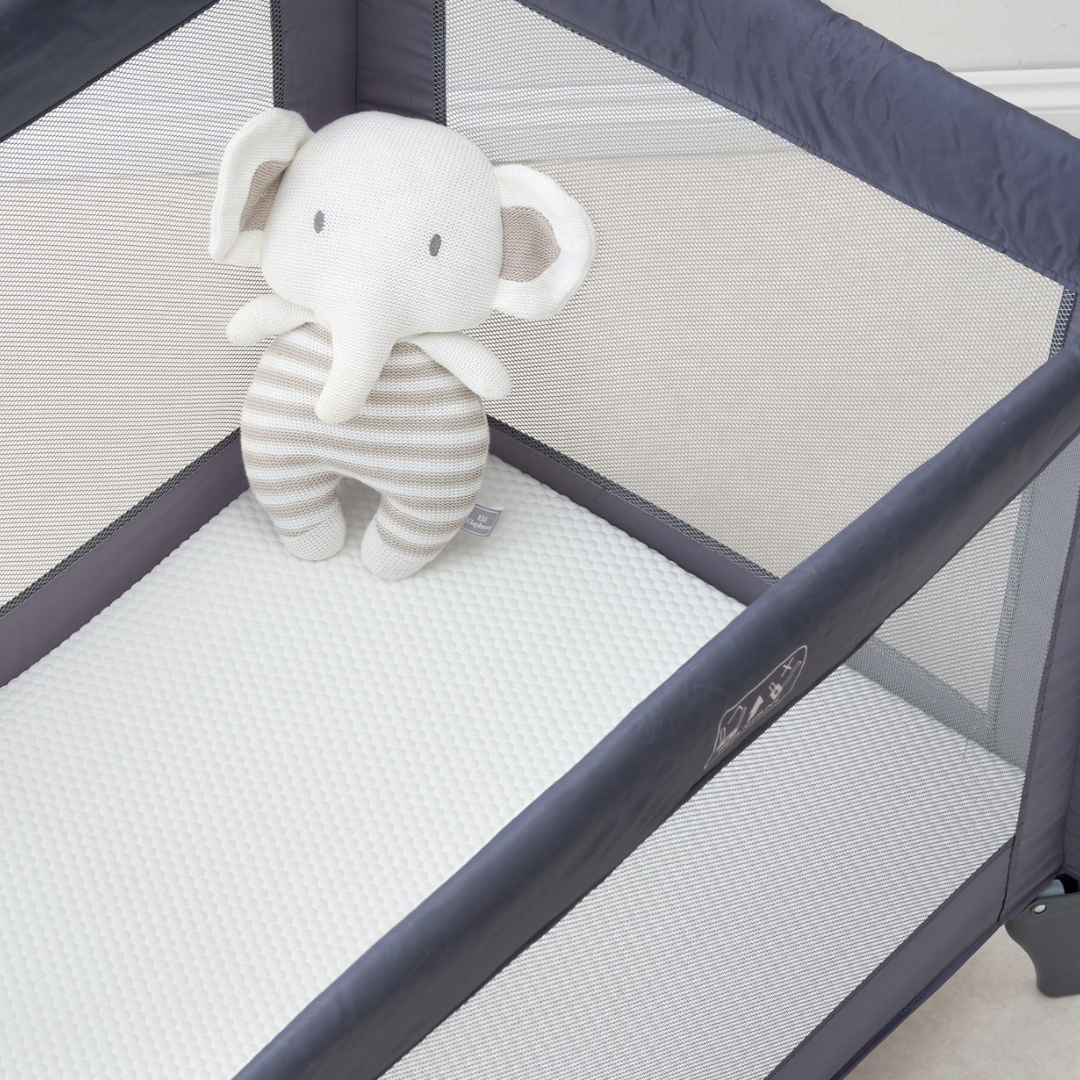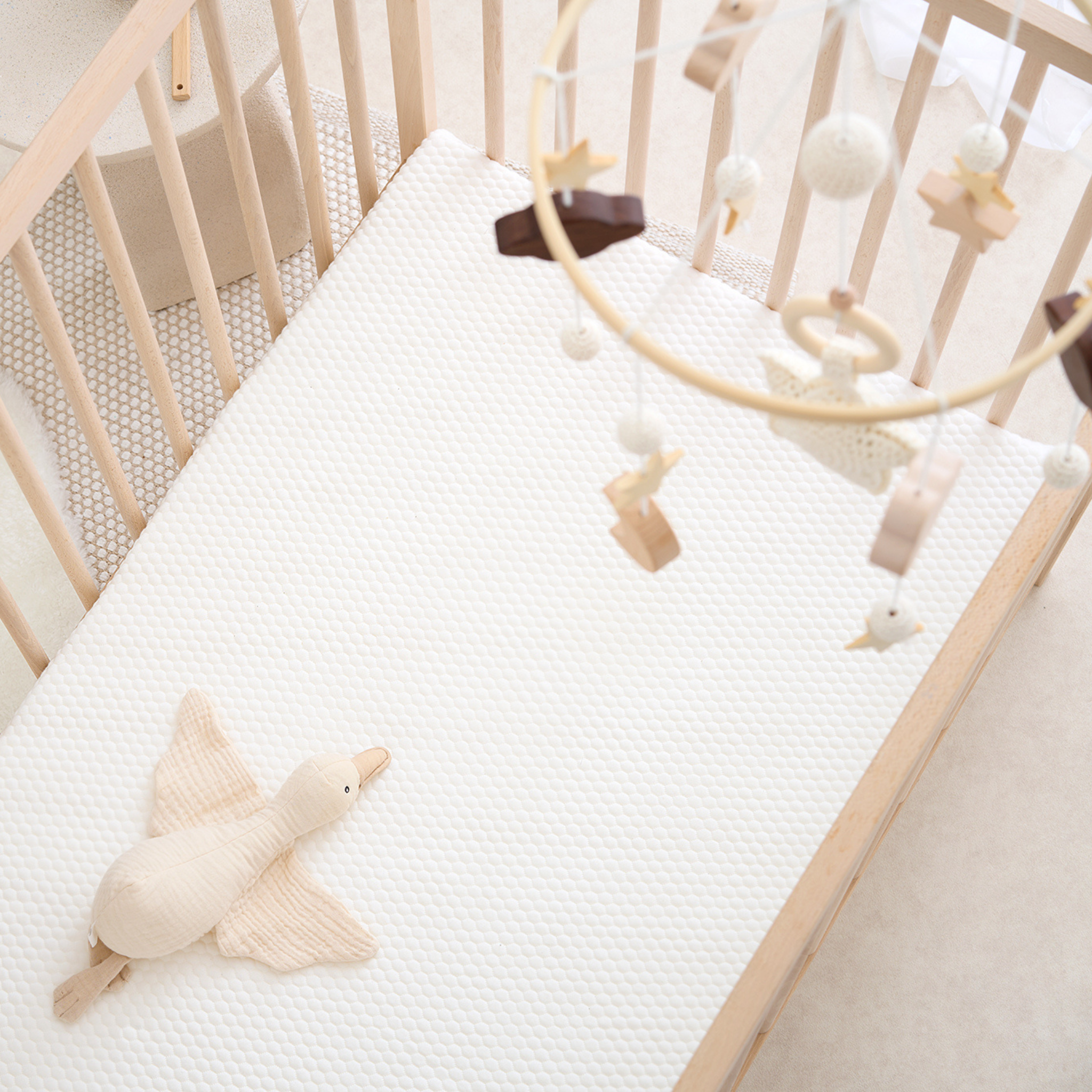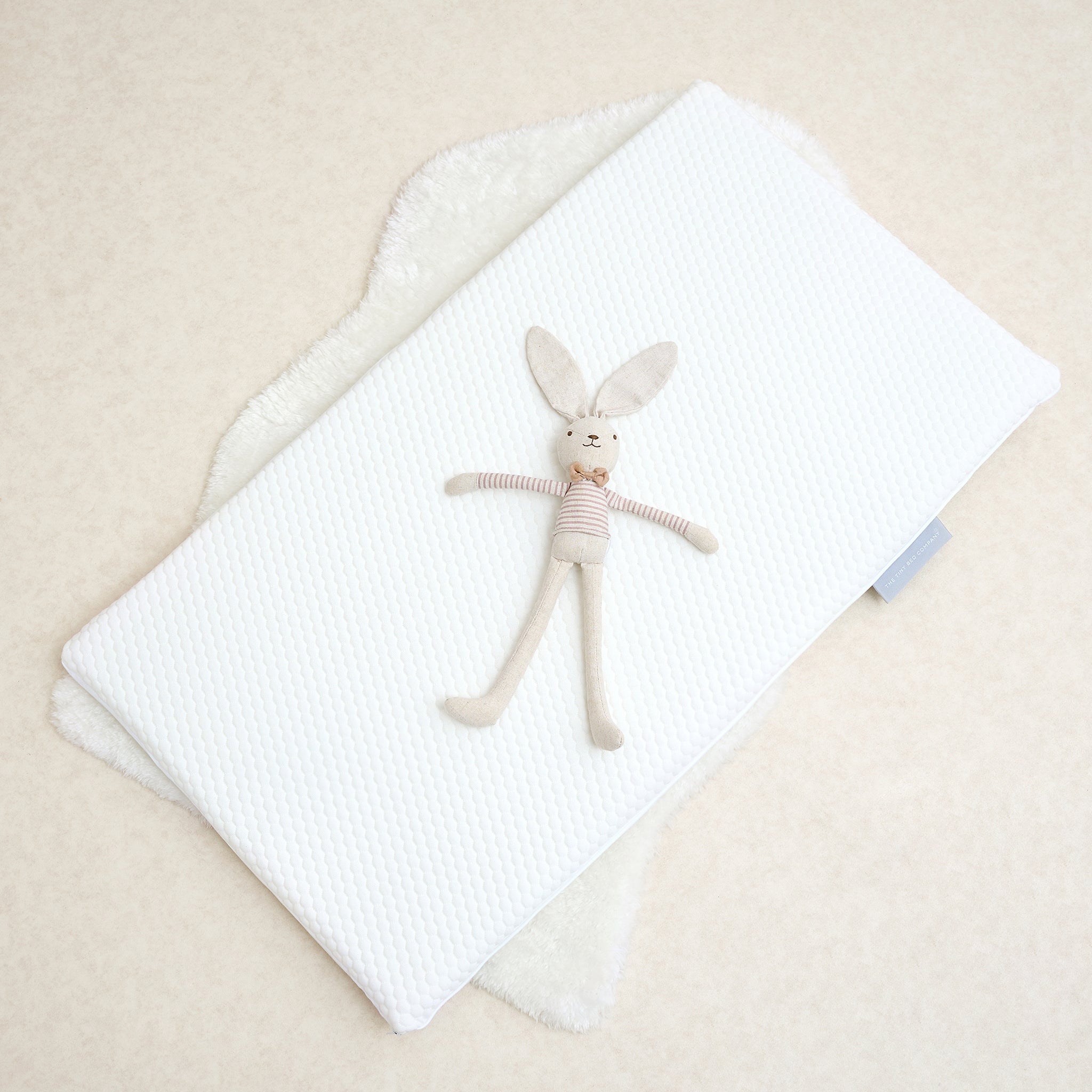Exploring Different Parenting Styles: Helicopter, Tiger, and Beyond
Parenting is an intricate art, varying vastly across cultures and individuals. The way one chooses to raise their children profoundly impacts their development, personality, and future interactions. In this blog, we delve into some of the most prominent parenting styles, examining their characteristics, advantages, and potential drawbacks. From the closely involved helicopter parents to the strict tiger parents, each style offers unique insights into the world of child-rearing.
Helicopter Parenting
Helicopter parenting is characterised by an overprotective and overly involved approach. These parents tend to "hover" over their children, meticulously overseeing their activities, schoolwork, and social interactions.
Pros:
- Safety and Security: Children often feel very secure knowing their parents are always there to support them.
- Academic Success: Due to close monitoring and assistance, children often perform well academically.
- Strong Bonds: The intense involvement can foster a strong parent-child relationship.
Cons:
- Lack of Independence: Children might struggle to develop self-reliance and problem-solving skills.
- Anxiety: The constant scrutiny can lead to increased stress and anxiety in children.
- Dependence: As adults, these children might rely excessively on their parents for decision-making and emotional support.
Tiger Parenting
Tiger parenting, popularised by Amy Chua's book "Battle Hymn of the Tiger Mother," is a strict, authoritarian style focused on high achievement and discipline. Tiger parents set high expectations and enforce rigid rules.
Pros:
- High Achievement: Children often excel academically and in extracurricular activities due to rigorous practice and discipline.
- Resilience: The challenging environment can foster resilience and a strong work ethic.
- Clear Boundaries: The structured approach provides clear expectations and rules.
Cons:
- Pressure: The intense pressure to succeed can lead to burnout, anxiety, and depression.
- Limited Social Skills: The focus on academics and discipline might limit the development of social skills.
- Strained Relationships: The strict approach can strain the parent-child relationship, leading to resentment and rebellion.
Free-Range Parenting
Free-range parenting encourages independence and allows children to explore and learn with minimal supervision. This style trusts children to make their own decisions and learn from their experiences.
Pros:
- Independence: Children develop strong self-reliance and problem-solving skills.
- Confidence: The freedom to explore can boost self-confidence and decision-making abilities.
- Creativity: Less structured time fosters creativity and imagination.
Cons:
- Safety Risks: The lack of supervision can lead to potential safety risks.
- Inconsistency: Without clear rules, children might struggle with boundaries and discipline.
- Judgment: Free-range parents often face criticism from others who view their approach as neglectful.
Authoritative Parenting
Authoritative parenting balances strictness and warmth, setting clear rules while also nurturing and supporting their children. This style is often considered the most effective and balanced approach.
Pros:
- Balanced Approach: Children benefit from both structure and emotional support.
- High Self-Esteem: The supportive environment fosters high self-esteem and confidence.
- Strong Social Skills: Encouragement and guidance help develop strong social skills.
Cons:
- Time-Consuming: This balanced approach can be time-consuming and demanding for parents.
- Consistency Required: Requires consistency and patience to maintain the balance.
Permissive Parenting
Permissive parents are indulgent and lenient, often acting more like friends than authority figures. They provide ample affection but set few rules and boundaries.
Pros:
- Close Relationship: The friendly approach can foster a close, open relationship.
- Creativity and Independence: The lack of strict rules allows for creativity and independence.
Cons:
- Lack of Discipline: Children might struggle with self-control and discipline.
- Entitlement: The indulgent approach can lead to a sense of entitlement.
- Poor Academic Performance: Without guidance and structure, children might underperform academically.
Parenting is a deeply personal journey, and no single style fits all. Each parenting approach has its strengths and weaknesses, and the key lies in finding a balance that suits both the parent and child. Understanding these different styles can help parents make informed decisions and adapt their methods to support their children’s growth and well-being. Ultimately, the goal is to raise happy, healthy, and well-adjusted individuals, equipped to navigate the complexities of life.

